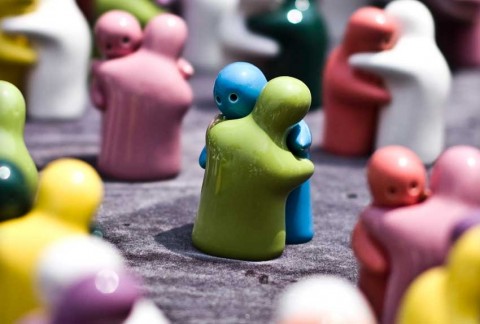For many men, asking for help with mental health is a challenge that gets left by the wayside. A lot of men struggle to talk about personal experiences and strong emotions.
We speak to Glen Benton, from On The Line and MensLine Australia for tips on how to help men seek help.









